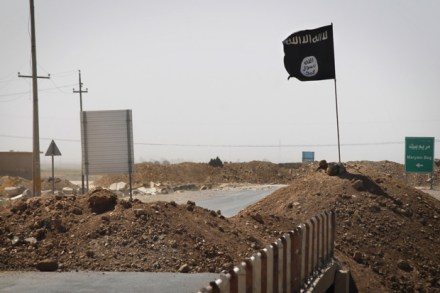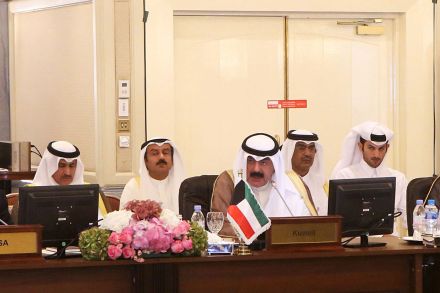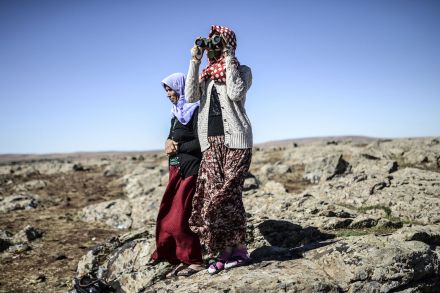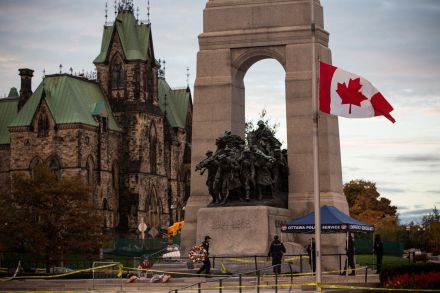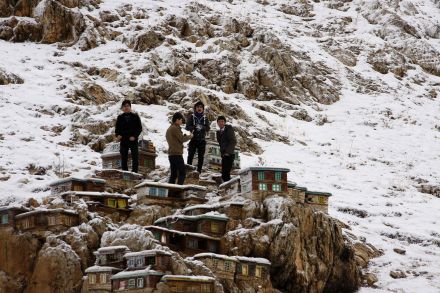How Islamic State commanders squeeze their hostages for every penny
Turkish/Syrian border ‘They asked $5,000 to $10,000 for every move they made. Emirs are making a living by such means’ It was Abouday’s heavy metal T-shirt that started the trouble. Two jihadis at a checkpoint said the fire-breathing dragon showed he was a devil worshipper. In fact, he worshipped only Metallica, but he did not realise the danger he was in. People had scarcely heard of the Islamic State in Iraq and Syria back then. His mother, Faten, sat weeping at her kitchen table as she told me how she had begged him not to travel at night. After being seized at the checkpoint, Abouday was interrogated by a 20-year-old ‘emir’,


